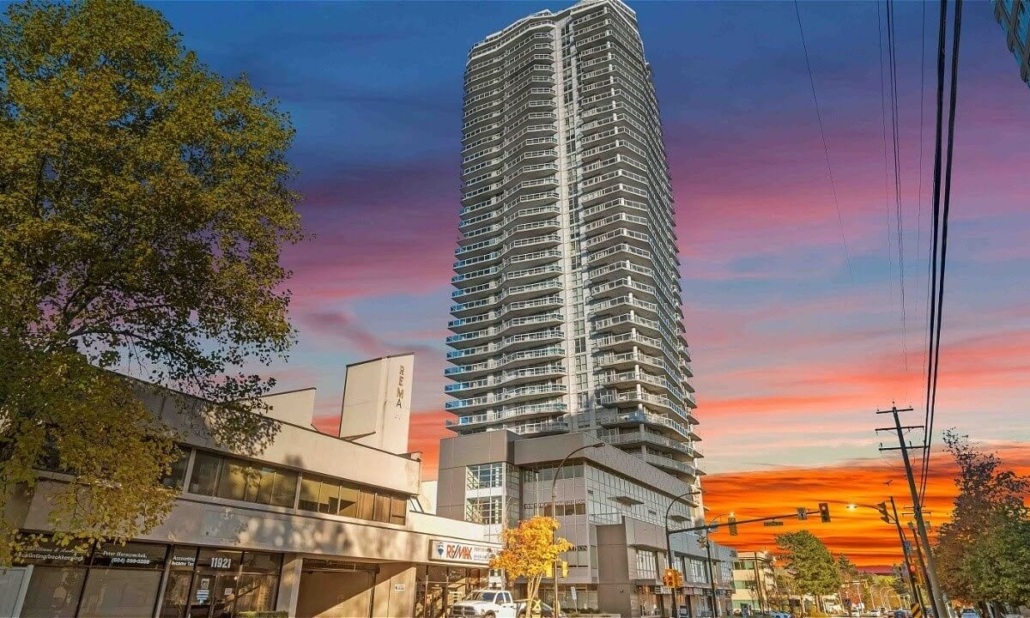The Ultimate Guide to Taxation on Airbnb Earnings in Delta, BC
Introduction
Are you an Airbnb host in Delta, BC, and unsure about your tax obligations? Look no further! In this comprehensive guide, we will cover everything you need to know about taxation on Airbnb earnings in Delta, including an overview of the market, tax laws, filing requirements, and tips for minimizing your tax burden.
The Best Areas in British Columbia for Airbnb
Delta, BC Airbnb Market Overview
Delta, nestled in the heart of British Columbia, is currently experiencing a robust Airbnb market, boasting 392 available listings. With an average daily rate of $173.7, Delta has become a prime location for both tourists and business travelers seeking the serene beauty and vibrant communities close to Vancouver.
As of the latest data, Delta’s Airbnb market has shown impressive performance metrics: the maximum daily rate peaks at $199 in July, reflecting the high demand during this peak travel season. The overall occupancy rate stands at 54%, with a remarkable spike to 75% in July, indicating a significant influx of visitors during the summer months.
The revenue statistics for Airbnb hosts in Delta are equally promising. On average, hosts can expect to earn around $34.4K annually, with potential earnings reaching up to $3,500 in the peak months of August and July. This potential for high earnings is complemented by a RevPAR (Revenue Per Available Room) of $97.5, which escalates to $187 during weekends, showcasing the lucrative opportunities for weekend hosting.
July emerges as the best month for Airbnb hosts in Delta, driven by the area’s appeal to visitors seeking the perfect blend of natural beauty and local events. With a market score of 73, Delta’s Airbnb market is not only thriving but also offers a solid foundation for new and existing hosts to capitalize on the increasing visitor interest.
For Airbnb hosts in Delta, staying informed about local tax laws and regulations is paramount to navigate the financial aspects of hosting effectively. Understanding these legal requirements is crucial for maintaining compliance and ensuring a smooth operation of your rental business, thereby avoiding any unforeseen complications during tax season.

Regulations for Short-Term Rentals in Delta
Currently, Delta, BC, lacks specific legislation for short-term rentals, such as Airbnb, allowing homeowners the freedom to lease their properties or parts thereof without a defined rental period. However, with British Columbia’s government pushing for tighter control over the short-term rental market, Delta is poised to develop its own set of regulations. These new rules may include the requirement for rental licenses and the introduction of a fee structure for each room offered for rent. The goal behind these potential changes is to strike a balance between facilitating short-term rentals and ensuring the availability of long-term housing options. Thus, Delta is likely to introduce regulations that serve the dual purpose of accommodating temporary visitors while prioritizing the housing needs of permanent residents.
Tax Laws Affecting Airbnb Hosts in Delta, BC
For Airbnb hosts operating in Delta, BC, understanding and managing tax responsibilities is essential. This includes obligations related to income tax, the Goods and Services Tax (GST)/Harmonized Sales Tax (HST). Here is an overview with a fresh perspective:
Income Tax Considerations
Earnings from Airbnb rentals are subject to taxation and must be declared to the Canada Revenue Agency (CRA). The nature of the services provided to guests will influence whether earnings are classified as property income, typically associated with basic rental provisions, or as business income, which applies when hosts provide additional services similar to a bed and breakfast. The appropriate form for declaring property income is Form T776, which is included in your tax return. This distinction is important for correctly reporting rental income and taking advantage of potential tax benefits.
GST/HST Obligations
Hosts generating over $30,000 from short-term rentals within a year are required to manage GST/HST, which involves registering for, collecting, and remitting these taxes, given that rentals shorter than 30 days are taxable events. In BC, the GST rate is set at 5%. Hosts should also explore eligibility for GST/HST credits related to their rental operations and be aware of the tax implications for properties used for both short- and long-term rentals.
By accurately handling these tax matters, Airbnb hosts in Delta can ensure compliance with Canadian tax laws, potentially reduce their taxable income through legitimate deductions, and strategically manage their rental business for optimal tax outcomes.
Read more on official website City of Delta.
Tax Filing for Airbnb Hosts
To stay compliant with tax laws, Airbnb hosts in Delta must follow proper tax filing procedures.
A. Reporting Income
All income earned from Airbnb must be reported on your personal income tax return using Form T776, Statement of Real Estate Rentals. Be sure to include all rental income as well as any additional income earned from hosting, such as cleaning fees or pet fees.
B. Deductions and Expenses
You can claim various deductions and expenses related to your Airbnb rental to reduce your taxable income. Some common examples include:
- Mortgage interest or rent payments
- Property taxes
- Insurance premiums
- Utilities
- Maintenance and repairs
- Depreciation on furniture and appliances
C. Record Keeping
Maintaining accurate and organized records is crucial for Airbnb hosts. Keep track of all income and expenses, along with supporting documentation, such as receipts and invoices. These records must be kept for at least six years in case of an audit by the CRA.

Tax Planning Strategies for Airbnb Hosts
There are several tax planning strategies that can help you minimize your tax burden and maximize your Airbnb earnings.
A. Properly Classifying Your Property
Classifying your property correctly can have a significant impact on your taxes. If you rent out a portion of your primary residence, you can benefit from the principal residence exemption, which shields any capital gains from taxation when you sell your home.
B. Utilizing Tax-Advantaged Accounts
Consider investing your Airbnb earnings in tax-advantaged accounts, such as a Tax-Free Savings Account (TFSA) or a Registered Retirement Savings Plan (RRSP). These accounts can help you grow your wealth tax-free or defer taxes until retirement, respectively.
C. Maximizing Deductions
Ensure you claim all eligible deductions and expenses to reduce your taxable income. Be proactive in keeping accurate records and seek professional advice to ensure you’re not missing out on potential tax savings.
D. Hiring a Tax Professional
Hiring a tax professional familiar with Airbnb and the specific tax laws in Delta, BC, can help you navigate the complexities of your tax situation, ensure compliance, and potentially save you money in the long run.
Conclusion
Understanding and managing taxes as an Airbnb host in Delta, BC, can be a daunting task. By familiarizing yourself with the relevant tax laws, filing requirements, and tax planning strategies, you can minimize your tax burden and ensure compliance. Consider seeking professional advice to help you navigate the complexities of your tax situation and maximize your Airbnb earnings.
Explore The Definitive Guide to Airbnb Income Tax in West Vancouver and A Comprehensive Guide to Taxes on Airbnb Income in Chilliwack, BC












